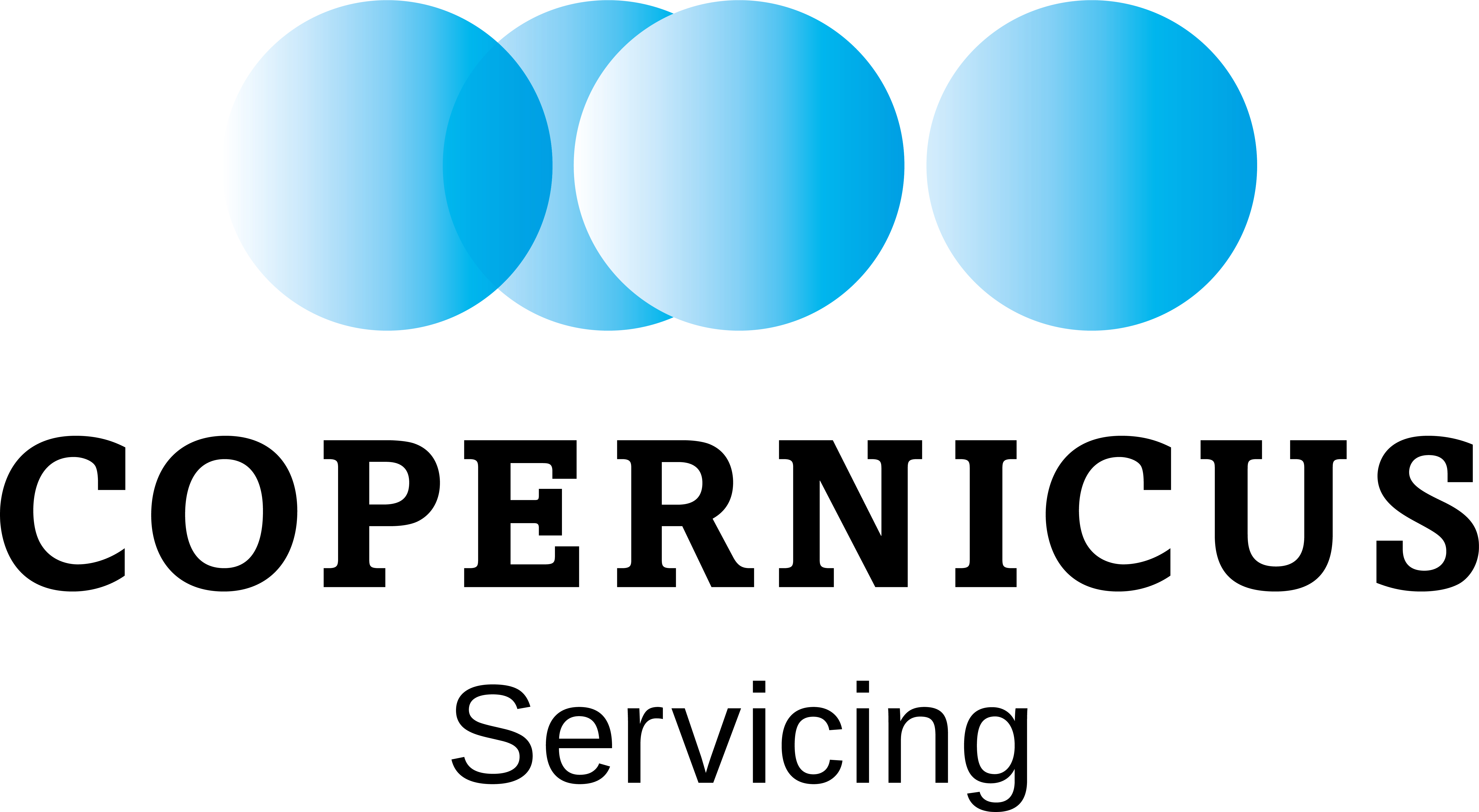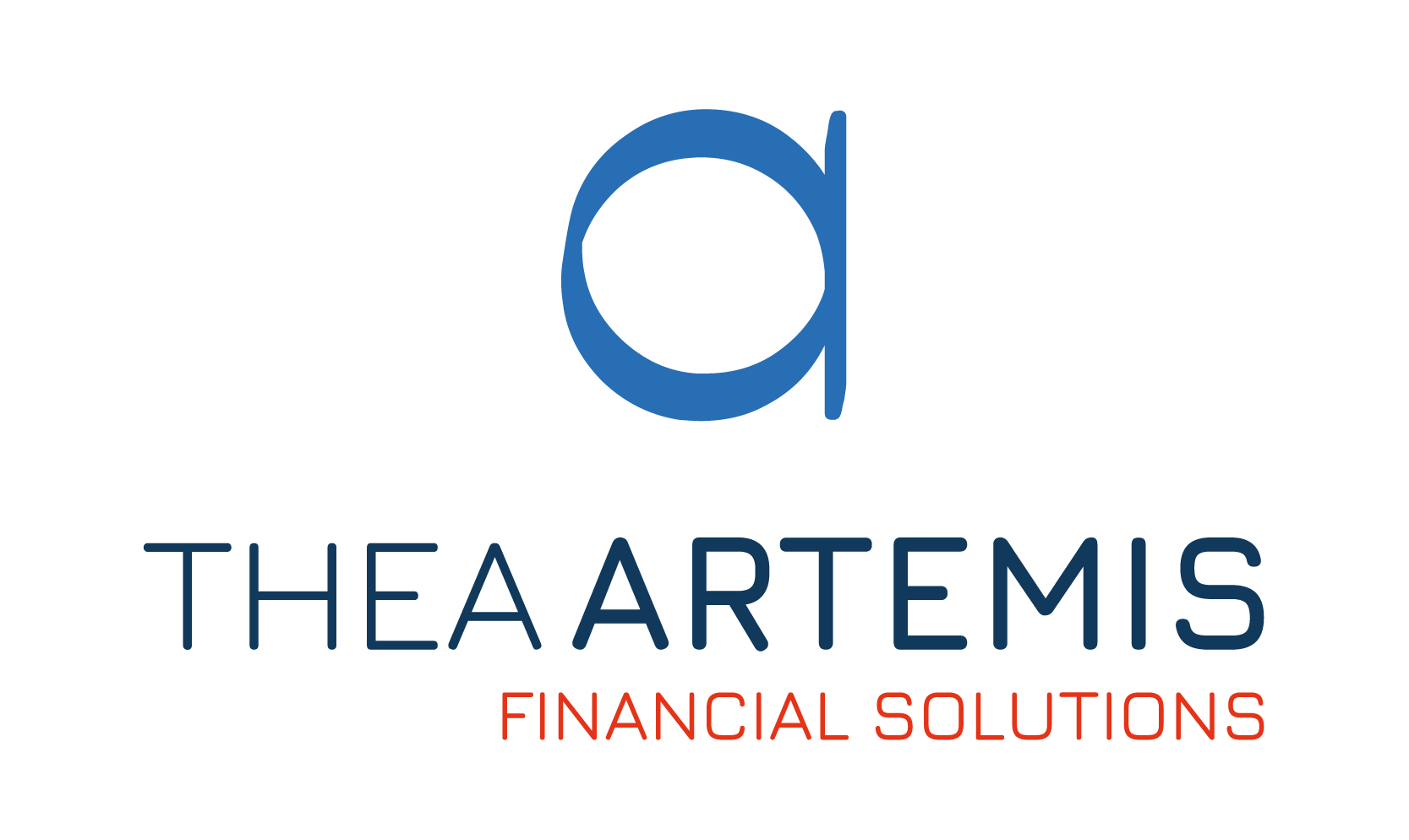The Hellenic Loan Servicers Association (EEDADP) is a Civil Code non-profit company. It was founded in 2019 in Athens and its members are companies licensed by the Bank of Greece, active in the newly established credit servicing sector (Servicers). The Association’s core mission is applied through cooperation, discussion and education.
We comply with all the Greek regulatory requirements that relate to the exercising of our activities.
We treat our customers with fairness and transparency, taking special care of socially vulnerable groups.
We have an appropriate organizational governance framework and internal control mechanisms which ensure regulatory compliance, towards the protection of customer rights.
We follow specific procedures and have the facilities in place to record and deal with customer complaints.
The relationship of the servicer company with the debtor is extremely important as it acts as the catalyst for the solving of a large financial problem that affects many households and businesses, the entire financial system and the economy of the country - that of NPLs. It is in everyone's interest that sustainable solutions emerge through smooth negotiations between servicers and debtors.
Listed below are answers to frequently asked questions that members of the Association receive from debtors:
Why is a debtor not worse off when a loan is transferred from a bank to a servicer company?
Can debtors have personalized solutions with the transfer of their loan?
- have accumulated know-how and experience,
- employ specialized staff,
- have developed technological infrastructures that demand time and significant capital investment.
What resources do specialized servicers have compared to banks? What can’t banks do that servicers can?
- have accumulated know-how and experience,
- employ specialized staff,
- have developed technological infrastructure that demands time and significant capital investment. a. The improved effectiveness of servicers compared to banks is due to their greater flexibility in providing solutions that help debtors handle their obligations which are adapted to each debtor's conditions. These solutions cannot be implemented within the strict banking framework, due to the supervisory rules that govern the capital adequacy of banks (e.g. the well-known EBA rules of the European Banking Authority). Servicer companies are not subject to the corresponding capital restrictions and for this very reason they are able to offer flexible and decisive loan restructuring agreements to debtors.





















